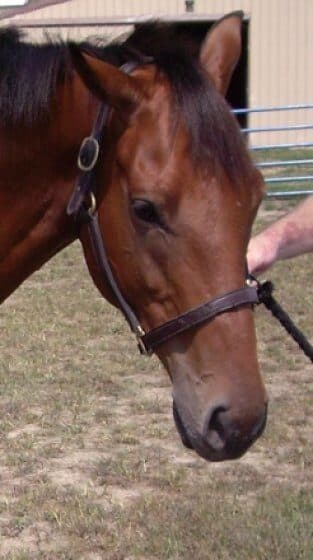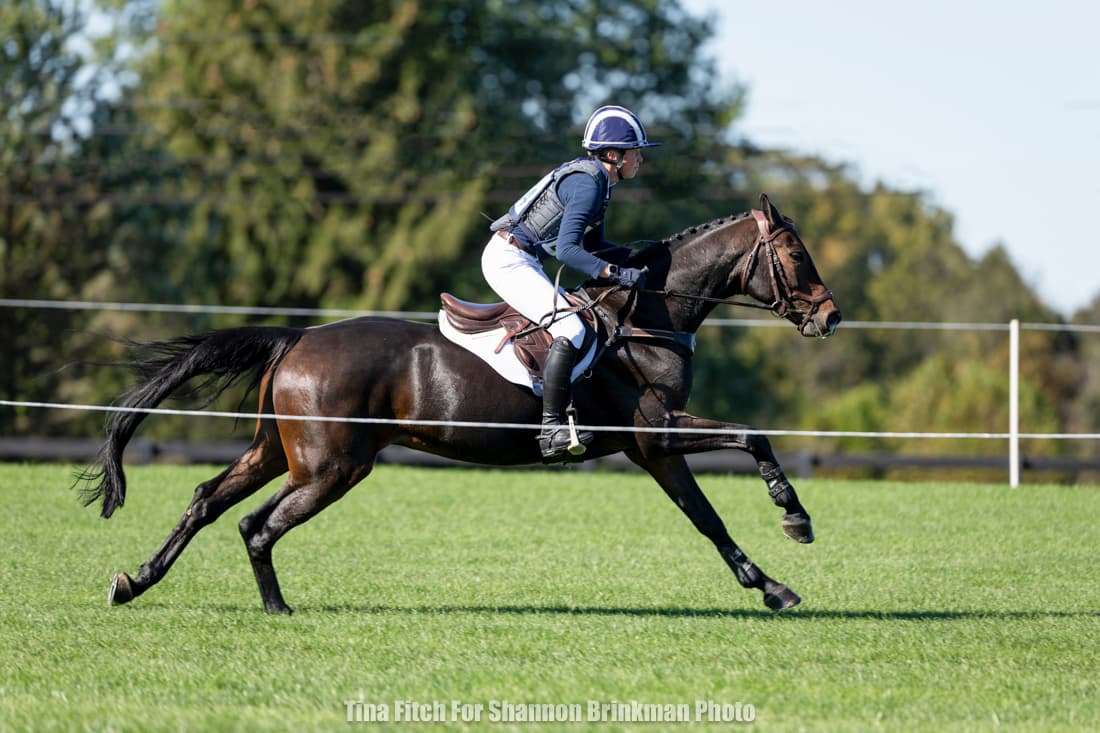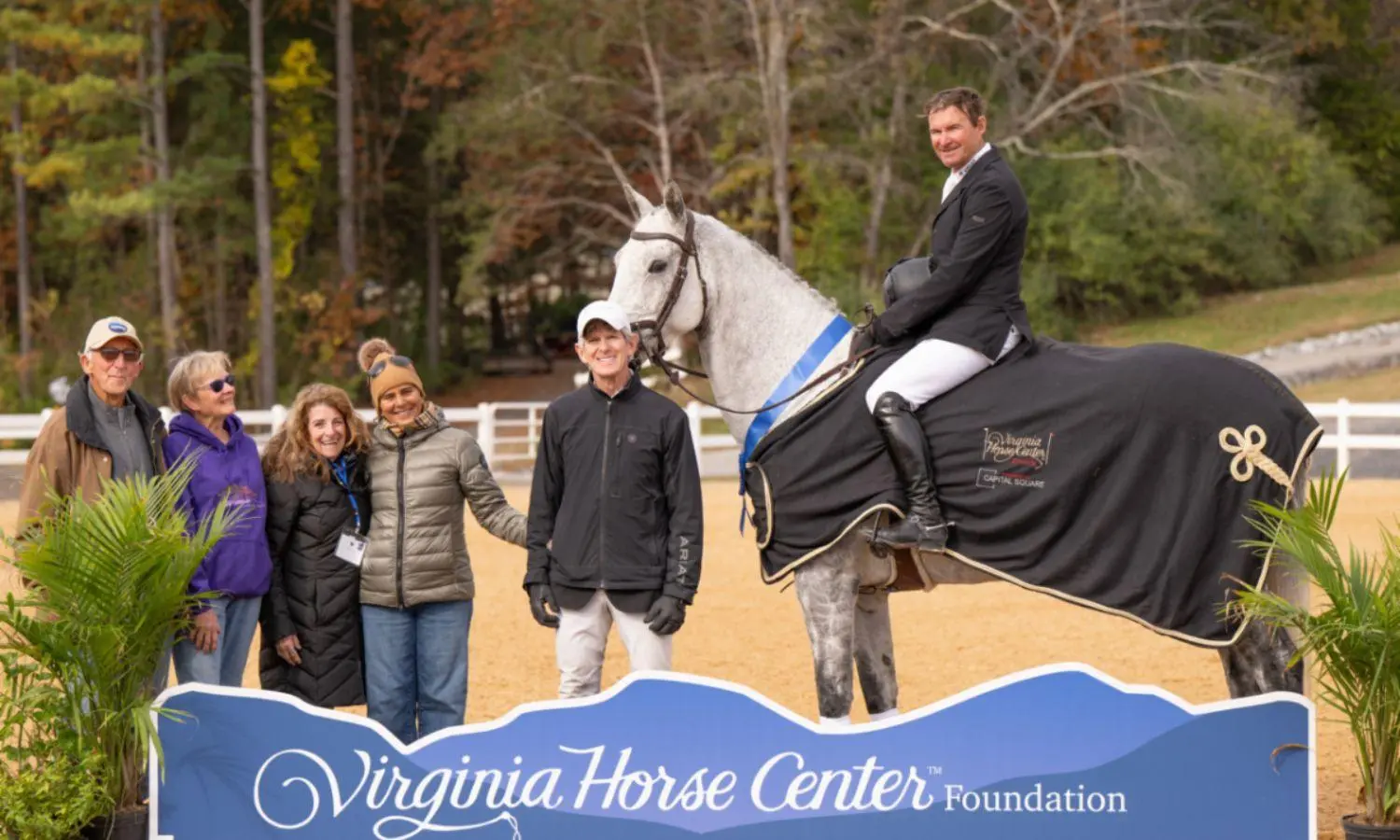Equine Intelligence - Is Your Horse Smarter Than A Fifth-Grader?

The ongoing debate on equine intelligence has been around for a very long time. Horses have been viewed through the lenses of the culture that examines them, from the time of Xenophon. In our modern world, we attempt to define equine intelligence through scientific processes. Using this method of discovery, we are less likely to make errors in judgment about what horses can and cannot do when responding to the environment around them. In other words, horses will always act like horses and it is our job as humans to understand them from that perspective.
I didn’t realize that horses’ ability to sense the world was of scientific interest in the 1800’s until I came across an article in one of my university courses (taken years ago) that dealt with how scientists can unintentionally influence an ongoing experiment. The article recounted the activities of ‘Clever Hans’ a horse who confounded scientists of his time. Apparently Clever Hans had the ability to count, which generated quite a bit of understandable controversy. Scientists put people in front of Clever Hans and those volunteers asked Hans basic math questions. Hans pawed the ground and always managed to get the answer right. It was astounding; Clever Hans was a star. The university text went on to explain that Clever Hans was eventually debunked as a mathematics professional when people who couldn’t do addition stood in front of him and asked the questions. Then Clever Hans’ responses became less than stellar and were wildly inaccurate. The textbook finished the section on Clever Hans with a reminder that scientific students must be on the alert for other explanations or theories that can stand up to rigorous testing. I remember feeling surprised that the text did not delve into the question that was obvious for me: Yes, we know that horses cannot do math, but how did Clever Hans figure out when to stop ‘counting’ whether he was asked to provide an answer to the math question? The fascinating aspect of this experiment was the one that was ignored: what were the subtle cues that Hans was responding to when he ‘counted’ by pawing the ground?
What the text didn’t bother to explain (perhaps because the authors didn’t know or care about equine intelligence) was that horses are masters at sensing their environments. With their highly tuned ears, eyes and noses, these prey animals are constantly on the alert for predators…and treats or lunch too, of course. They have a much greater ability to glean information from their environment than we do. They hear softer sounds, see more subtle movement and can smell changes in our body chemistry that we are simply unable to match. As a consequence, we radiate our emotional state to them through subtle, unconscious and involuntary body cues—our breathing, posture, facial expression, body tension—all unbeknownst to us. Horses learn very quickly to interpret our body language with skill and accuracy that would be the envy of our spouses! And we are unable to fool them about our mood because our own body cues reveal how we really are feeling. This is one of the primary reasons why, when you come near your horse, you must focus on being in the present, put your other pressing concerns behind you and never bring your anger or frustration into the barn with you because…the horses are watching you. Scientists now speculate that horses may have an increased sensitivity to our unconscious body language as a result of learning through social interactions with other horses.
I have two personal examples that clearly revealed to me how closely my horses observe me and then respond accordingly that help illustrate my point. Dexter, my 16-hand OTTB is a very attentive horse when he and I work together, so I was baffled when he went through what I thought was a ‘phase’ of resisting transitions to slower gaits when longeing over a two-week period this fall. He would ignore my verbal commands to go to trot or walk and would keep going at his set gait or sometimes going a bit faster. I resorted to firmer half-halts on the longe line to get him to comply, until I noticed something I was doing—unconsciously. Instead of moving my body core to line up with his nose or in front of his nose when I asked him to transition to a slower gait, I was keeping my body pointed at his mid-gut, which was acting as a ‘forward’ cue or driver to him. Being so receptive to my body language, Dexter felt that he could not slow down when I obviously meant, through my body language, for him to keep going forward. I mentally slapped my forehead and moved my body core to be at his nose and, voila, he promptly slowed to the correct gait while chewing happily, doubtless relieved to obey clear and consistent commands.
One final Dexter story to further explain how well he ‘reads’ me. One morning in early November, I led him and his pasture mate out to their paddock for their morning turn out. I let the other horse go first and then turned to Dexter, who was standing quietly, head level and hip shot with his ears hanging out sideways, doing his ‘little brown horse’ impression, as my husband calls it. Behind him, the paddock gate was slightly open. As soon as the halter cleared the top of his ears and with no discernible change in his expression, he did a very fancy pirouette and escaped through the open gate at a full canter.
His pasture companion immediately looked worried and I ran to block a second escape and lock the gate, all the while saying some pretty harsh words under my breath. Dexter came cantering by, with his neck finely arched, his head bent in my direction, and his eye soft and delighted. He seemed to be saying, “Isn’t this fun? Aren’t I handsome?” as he executed some of the most lovely collected canter work I have ever seen. As you can imagine, I was not buying into any of his fun and was terrified that he’d canter up the driveway and onto the road. Fortunately, Dexter decided that the mares hadn’t had the opportunity to admire him recently and he floated away to see them, going away from the road. I followed as quickly as I could to see if I could catch him while he was romancing the ladies but he took one look at me (and my radiating body cues, no doubt!) and decided he’d do another circle around the barnyard rather than wait for me. He said his adieux to the mares and sailed through a small gate that connects the backyard with the barnyard. I followed behind him and closed that gate, in the faint hope that he’d circle back to see the mares again and then be ‘trapped’ inside the back yard of the house.
Luck was with me. I walked out to block the entrance to the driveway and, on his second circle past me, while on his way to see the mares again, he treated me to the beauty of his lovely extended trot, with his neck again perfectly arched and his eyes merry and delighted. I tried not to fume; I tried to smile and look relaxed but he was having none of my lies and took himself off to see the mares that were enjoying the novel break in their routine. I think Dexter thought they were thrilled to see him. Fortunately for me, Dexter is not smart enough to know that he was returning into an enclosed area and, as I shut the main gate to the backyard, I heaved a great sigh of relief—no Great Escape onto the Road today.
Somehow, he must have still been reading my not-so-subtle body cues because he skittered around the back yard and wouldn’t let me catch him. The barn owner’s husband walked out at that moment, putting his hand out and Dexter allowed himself to be ‘captured’ by the only person who wasn’t furious. I think that when the opportunity to go for a run around the property presented itself in the form of the slightly open gate, he took it. And he was clever enough to disguise his intent prior to his hasty departure. So, if you ask me, “Are horses smarter than Fifth Graders?” I would have to say that my two are. They are smarter than me most of the time and can read me like a book.














